Citation
My heartfelt congratulations to Michelene Chi for the 2023 Yidan Prize for Education Research.
In these times of ChatGPT, everyone talks about active learning, realizing that the passive accumulation of subject-matter content is no longer enough to succeed at work and in life. But for a long time, active learning meant different things to different people, and learning activities can be hugely different in their efficacy. Some believe that a physically active class is automatically cognitively engaging; others are concerned that cognitive engagement is always daunting and time-consuming. Michelene Chi, a Regents Professor at Arizona State University, dispels such myths. She also dispels the myth that lectures are ineffective, but shows instead how lectures can lead to meaningful learning.
As you would expect from a Yidan Prize laureate, her contributions shook the foundations of their domain because she provided profoundly different interpretations to what had been the prevailing views. She showed that experts and novices use different problem-solving strategies because their knowledge is organized differently. That became the beginning of a knowledge revolution. She showed that students excel in understanding when they explain things to themselves. And when many people attributed the benefits of tutoring to different tutoring tactics, she showed that it was the tutors’ encouragement of students to think aloud that caused these benefits.
Michelene’s most significant contribution to educational research is a scientific theory of how students learn, widely known as ICAP, and defined in four categories of learning that can be directly observed by teachers. In the passive mode, students just pay attention like when they watch a video; in the active mode, they manipulate instructional material; in the constructive mode, they generate new knowledge; and in the interactive mode, they collaborate to co-create insights. Respectively, these different learning modes result in the potential for rote thinking, for logical thinking, for critical thinking, and for creative thinking. What’s groundbreaking in Michelene’s approach is that it is not simply an empirical categorization of observational studies or previous research, but that her work is underpinned by a theory that explains the results from most studies in this area and that resolves discrepant findings in the literature.
For the Yidan Prize, research doesn’t just need to be future-oriented and innovative, it also needs to be transformative and sustainable. Michelene’s impressive list of citations in the academic literature and her presence in so many international fora provide a powerful demonstration of impact. But the most important way in which the ICAP theory has transformed learning is by uniting and organizing the large array of approaches to active learning into a common language and architecture that yields practical tools to improve learning. These days, people often talk about learner-centered pedagogy. Michelene’s ICAP framework is learner-centered by design, starting from how students learn by focusing on how students think when they are instructed, and then guiding instructors on how to teach in order to engage students in learning. And it is inclusive in the sense that its predictions cover multiple content domains and grade levels.
And as we expect from a Yidan Prize laureate, Michelene is passionate about ensuring that the theory changes educational practice on the ground. She shows that truly transformational teaching practices can be shaped by research evidence.
Her secret to professional development has been that she isn’t lecturing teachers with instructional tips, but helps them understand how students learn and then become designers of their own instructional activities based on that understanding. In other words, she doesn’t give teachers fish, but teaches them how to fish. And she provides teachers with the tools to assess the efficacy of their practice, so they see how better educational practice leads to better educational outcomes.
Beyond Michelene’s exceptional contributions, she is deeply committed to nurturing the next generation of researchers. In her work, we see transformative educational change in both theory and practice.
Andreas Schleicher
Panel Head, Judging Panel for Education Research, Yidan Prize












